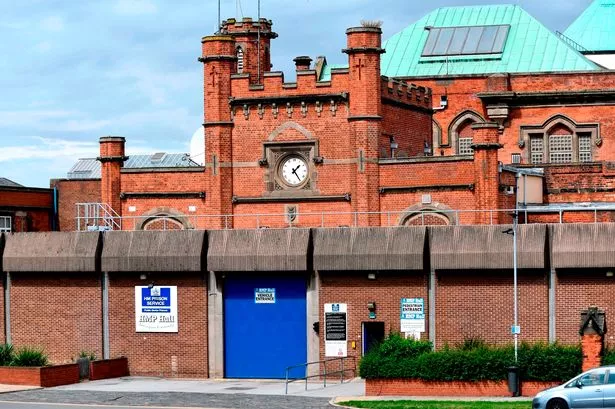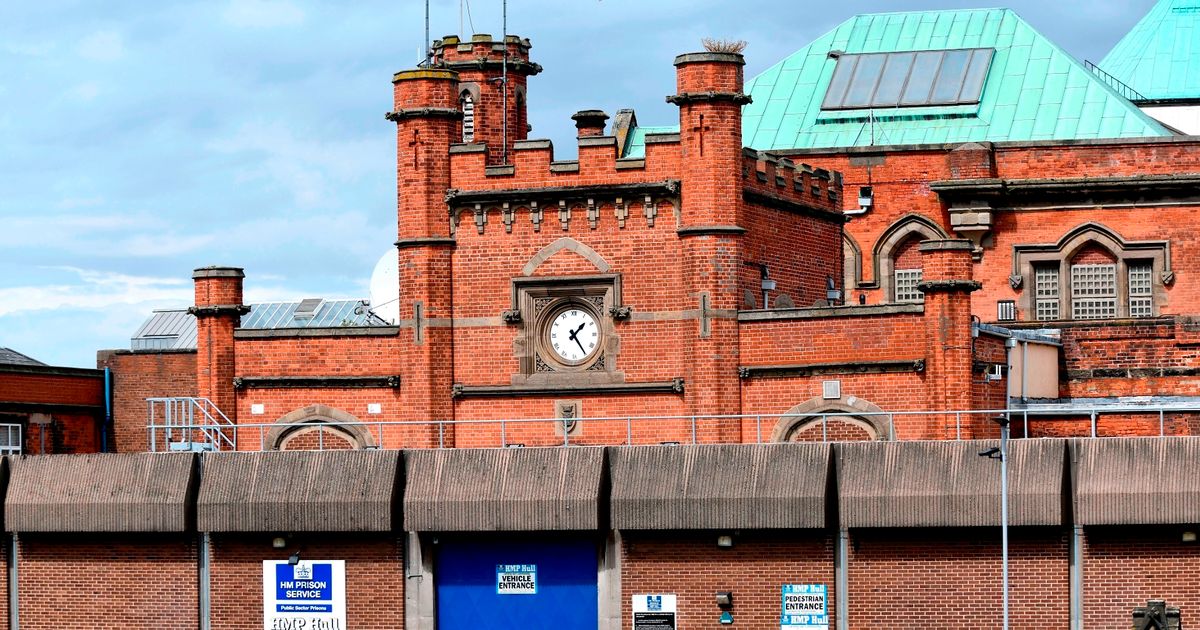

A prisoner who died at HMP Hull was witnessed “acting strangely” before his death, an independent report has said. Sebastian Mularz was aged just 38 years old when he was found dead in his cell.
Failings in clinical care and the emergency response were identified in a Prisons and Probation Ombudsman report published this month. At an earlier inquest, Mr Mularz was found to have died from “natural causes”.
Although the pathologist could not establish exactly how he died, they said it was “possible that an abnormality in Mr Mularz’s brain had led to a seizure”. No evidence of illicit substances were found in Mr Mularz’s blood.
The PPO report said Mr Mularz, who was serving a sentence for assault, had displayed odd behaviour and been referred to the mental health team in the days before his death. It found healthcare staff did not take his blood pressure a second time when he had a high reading two days in a row.
In the days before his death, Mr Mularz’s cellmate reported he had been “acting strangely”. He allegedly tried to leave his cell “because he said he wanted to catch a bus”.
The next day, Mr Mularz was moved to a single occupancy cell and referred to the mental health team. A nurse who visited his cell found him “standing on his desk and talking to himself”.
On another occasion, an officer who attended Mr Mularz’s cell said he was “sweating profusely”. He was also seen “talking to the corner of the room”.
Within the 12 hours before Mr Mularz’s death, force was used because he would reportedly not leave the exercise yard. Bodycam footage showed Mr Mularz sitting on a bench and “showing no signs of aggression”, but the report accepted he “was a large person”, staff were outnumbered, and there was a “risk of other prisoners getting involved”.
CCTV footage of the exercise yard was not available due to “technical issues” at HMP Hull. The PPO report said: “Had CCTV footage been available, we would better understand the situation and the actions of the officers and could have come to a firm conclusion on whether force was justified.”
The morning Mr Mularz was found dead, an officer had “concerns” and tapped the door and tried to speak with Mr Mularz who did not reply. The officer “did not enter the cell because he thought he saw him breathing”.
Mr Mularz was discovered dead 39 minutes later. Healthcare staff carried out CPR despite the fact rigor mortis had already set in.
Staff delayed going into Mr Mularz’s cell when they realised he was unresponsive and then failed to pass relevant information to the control room, which led to a delay in despatching the ambulance. Although it made no difference to the outcome for Mr Mularz as he was dead when found, such delays could be critical in a future emergency, the PPO report said.
As a result of the findings, an action plan was agreed upon to prevent similar incidents. Staff were given refresher training in medical emergency response and preservation of life during night duties.
All permanent night staff were provided with training on the procedures to follow during night shifts. This included the importance of obtaining a response from a prisoner if there are concerns around their well-being.
During Night Patrol, staff are now directed that if they are unable to access a telephone to share information with the Ambulance Service, they should pass the relevant information to the Control Room via personal radio. A Prison Service spokesperson said: “Our thoughts remain with the friends and family of Sebastian Mularz. We have accepted and actioned the Prison and Probation Ombudsman’s recommendations.”
A spokesperson for City Health Care Partnership CIC, which provided healthcare at HMP Hull at the time of Mr Mularz’s death, said: “City Health Care Partnership CIC (CHCP) cannot disclose any details about the care of individual patients as this would be a breach of confidentiality; we no longer provide healthcare services in prisons. Our thoughts are with Mr Mularz’s family and friends.

